News
Success of Development Project and Training Camp for Entrepreneurship Faculty
On May 25-26, 2019, the “Development Project and Training Camp for Entrepreneurship Faculty in Business Schools offering MBA Programs in Western China” was held successfully in Lanzhou University. The event was hosted by School of Management, Lanzhou University (LUSM) and sponsored by China National MBA Education Supervisory Committee and Center for Collaborative Promotion of Innovation and Entrepreneurship. This training camp aims to help colleges and universities in western China build an effective entrepreneurship education system and train high-level entrepreneurial talents for the economic development of the west. A total of 68 faculty from 36 western universities attended the camp.
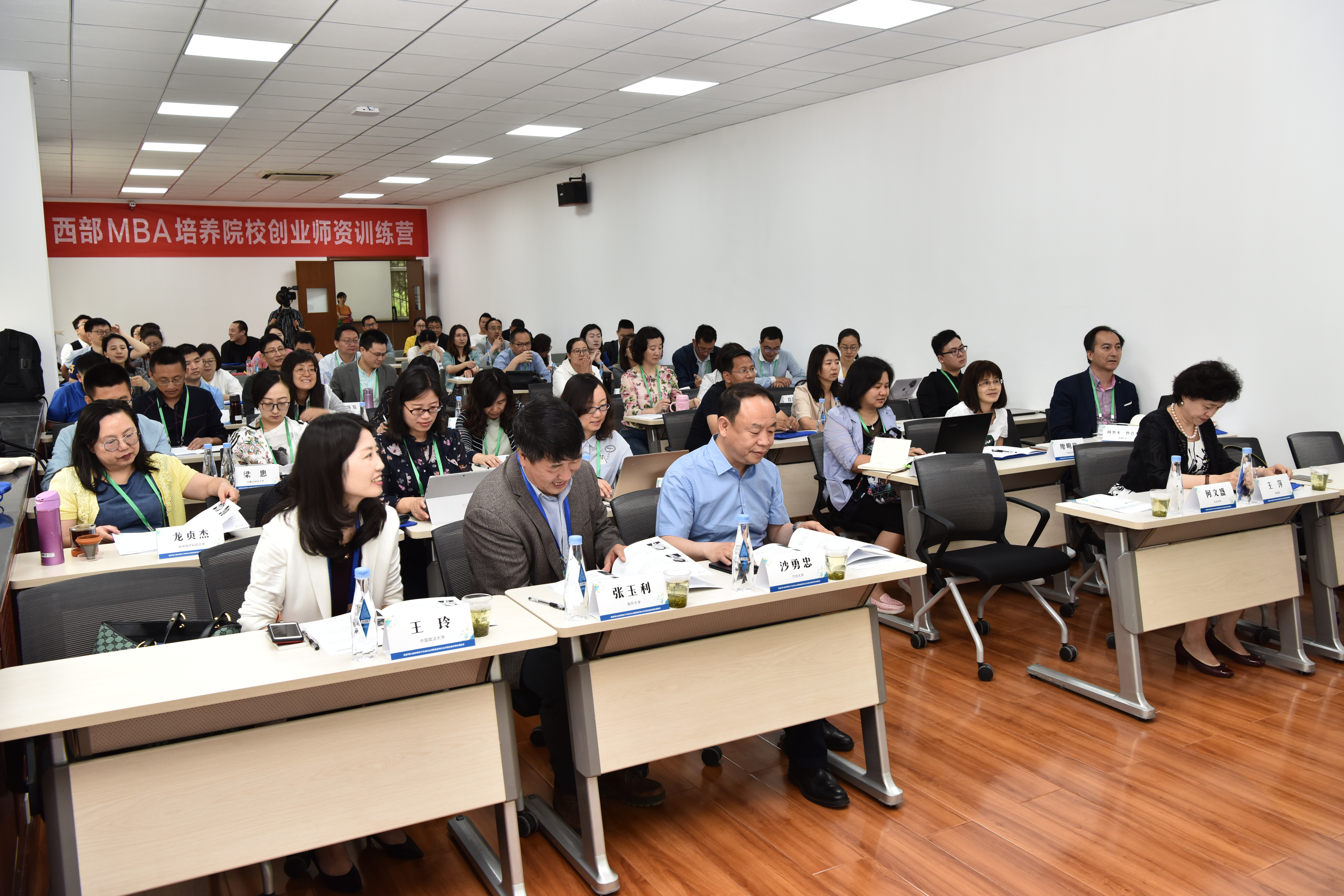
The opening ceremony was chaired by Prof. Wensheng He, dean of LUSM. Prof. Yongzhong Sha, vice president of LZU, Prof. Yuli Zhang, member of China National MBA Education Supervisory Committee and Ping Wang, director of secretariat office of the committee delivered speeches on the ceremony.
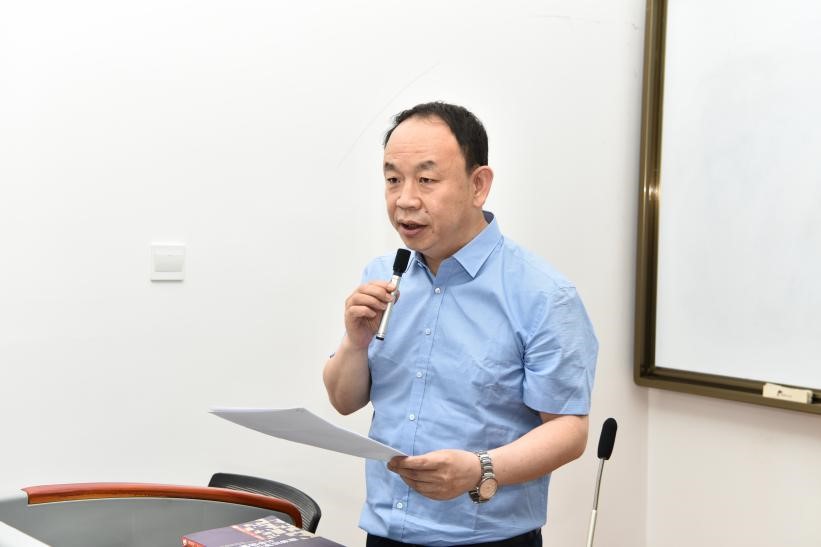
Pro. Sha welcomed all the participants and introduced to them the history of LZU and the advantages and features of its MBA education. He asked the committee to continue to care and support the development of LZU’s MBA education.
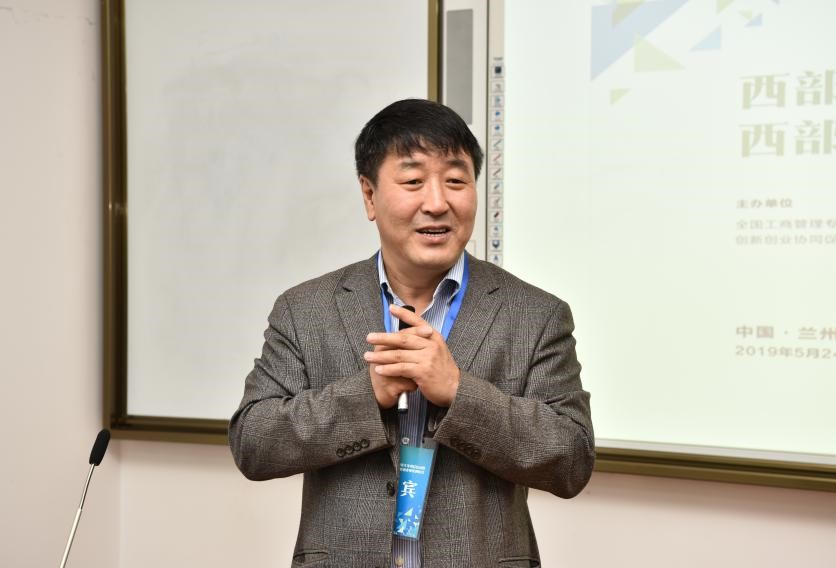
Prof. Zhang expressed his expectation that all the attendees can absorb the entrepreneurial thinking and practice and integrate them in teaching, and at the meantime, grasp the key process and the main points of teaching design, overcoming the challenges and limitations of teaching methods.

Director Wang thanked LZU and other western universities for their support of the event. She hope the training camp can be a platform for participants to learn and exchange experience from each other.
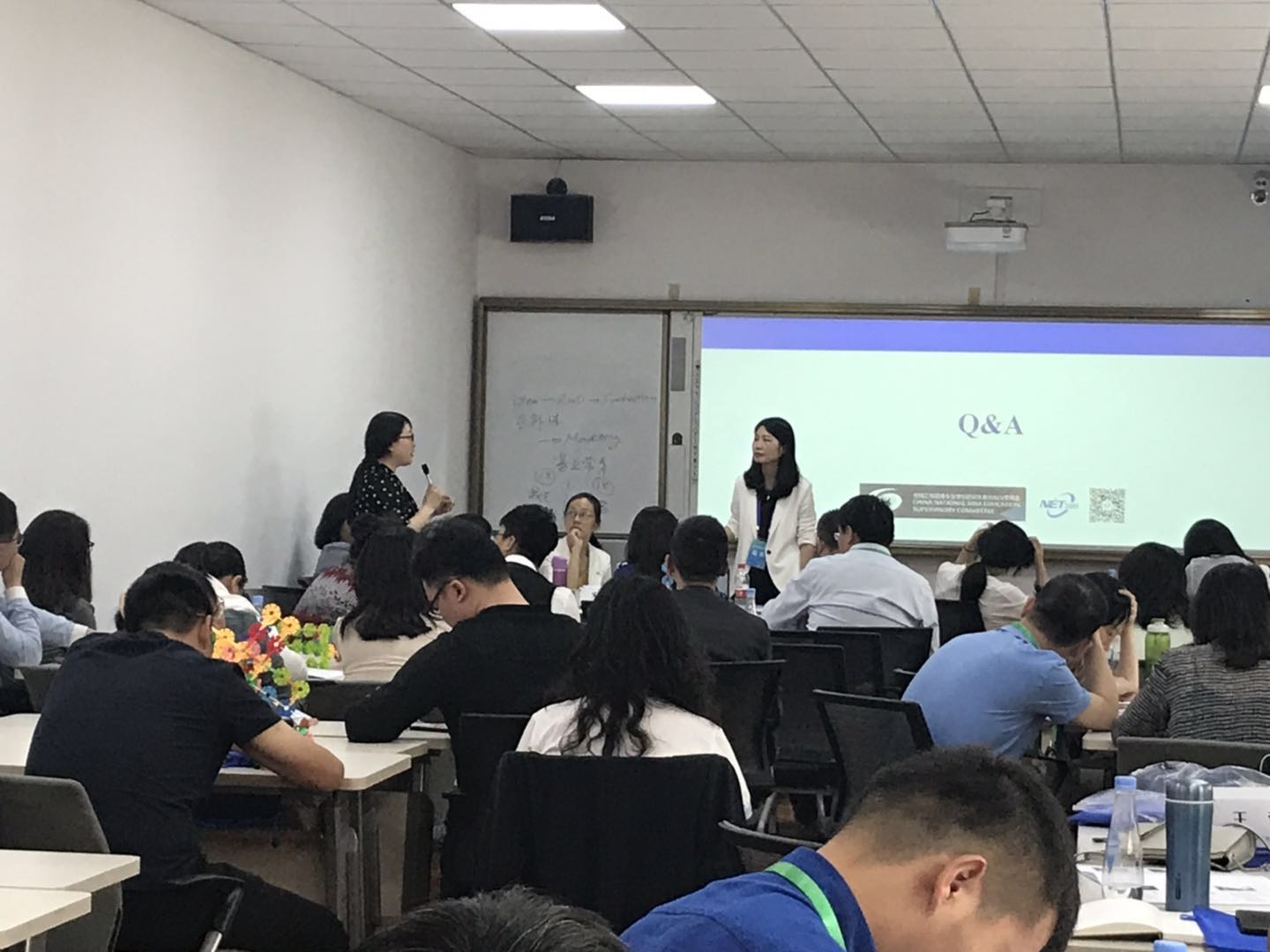
At the end of the ceremony, Prof. Ling Wang from China University of Political Science and Law gave a lecture on “build entrepreneurial thinking”. She introduced the concept that assembly is management thinking and design is entrepreneurial thinking by a game and explained 6 types of entrepreneurial thinking as well psychological quality, personal ability and training of entrepreneur by a series of cases. Prof. Wang also gave an in-depth explanation of the Timmons Model Of the Entrepreneurial Process and Mullins' Seven Domains Model.
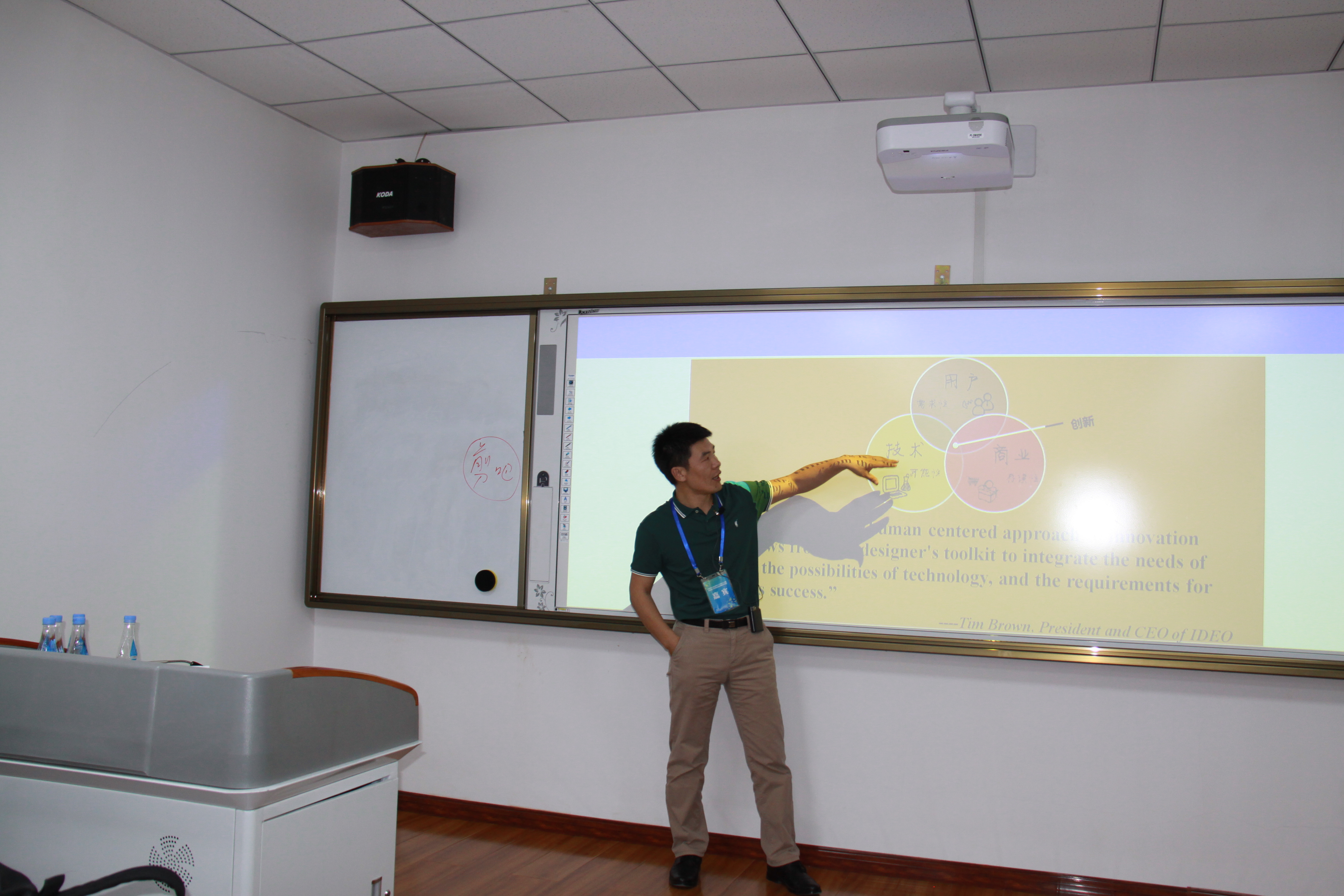
On the afternoon of May 25th, Hongzhi Xue, associate professor of Nankai University gave a lecture titled Identify Entrepreneurial Opportunities. He took everyday objects as an example, presented a variety of customer-oriented innovative thinking and taught how to explore unique personal feelings and special entrepreneurial phenomena. Finally, by asking the attendees to design wallet, demonstrating the principle of design: people oriented principle, creative principle and rapid trial and error principle.
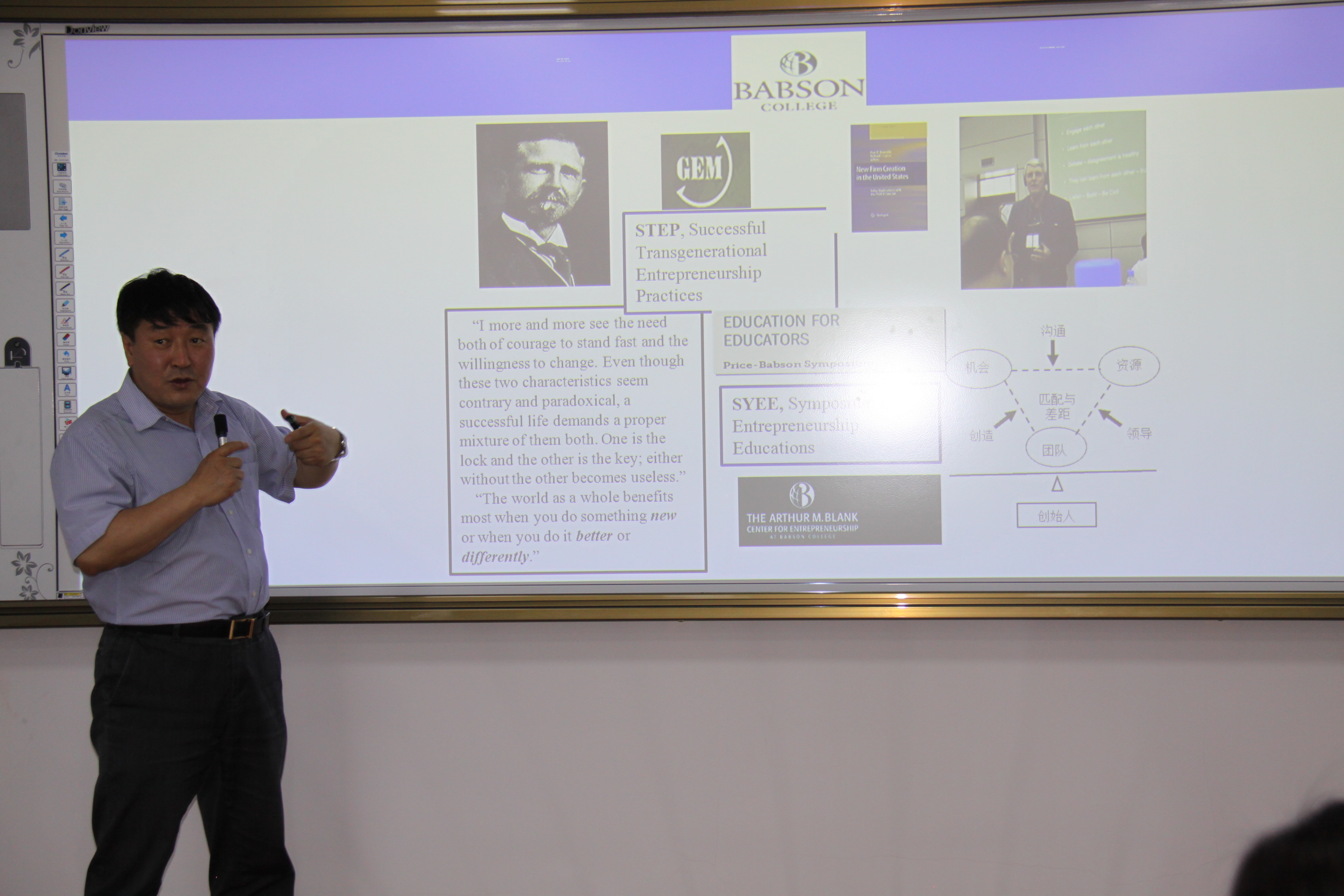
On the evening of May 25th, Prof. Yuli Zhang shared his experience of teaching entrepreneurship by a course named Cultivate Entrepreneurial Ecology. He said that entrepreneurship is a rapid action mechanism of testing hypothesis, trial-and-error, and innovation under highly constrained resources and uncertainties and he hopes that the faculty can systematically carry out entrepreneurship education, help the MBA students understand entrepreneurship, avoid risks and succeed in entrepreneurship.
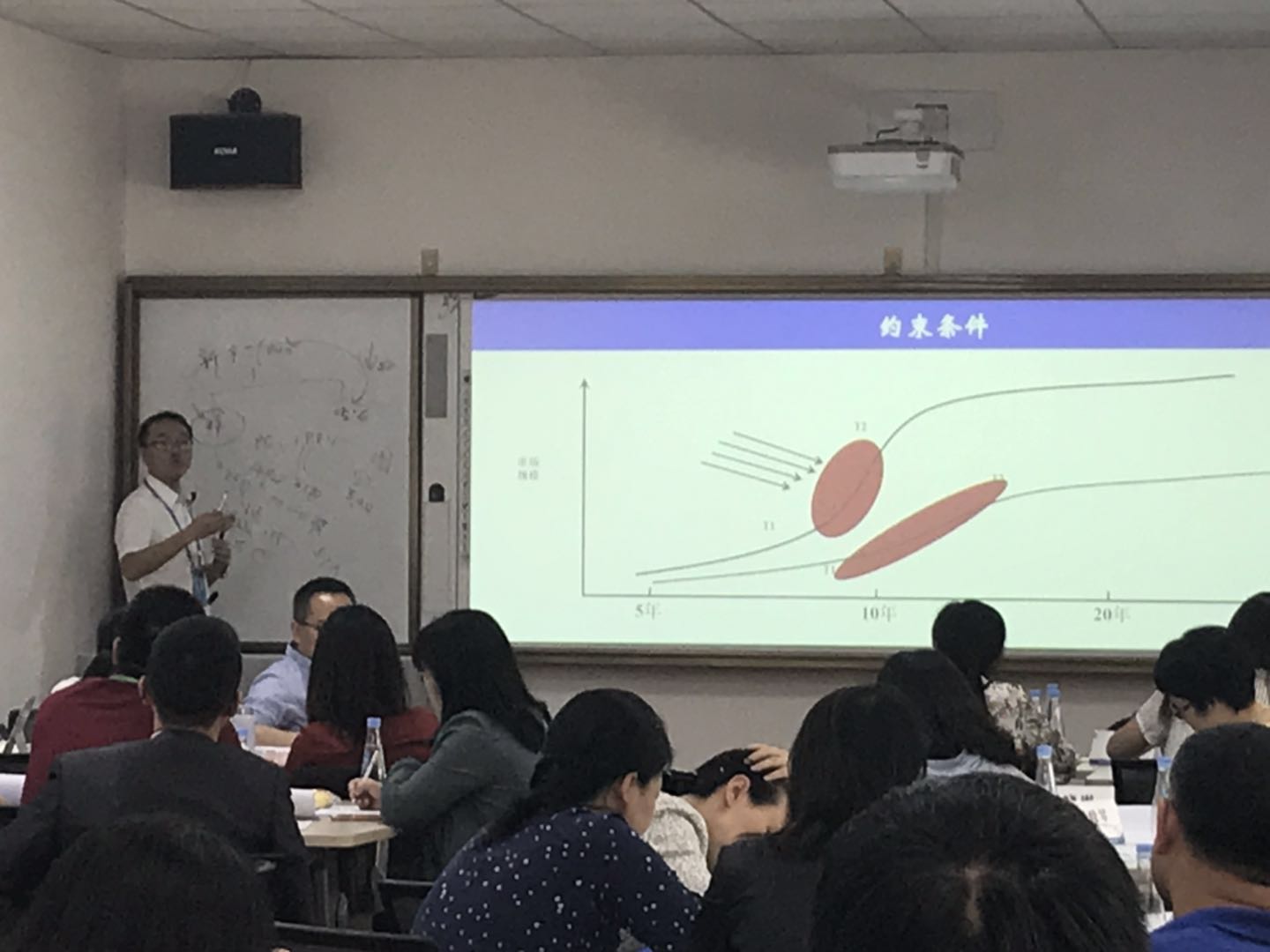
On the morning of May 26th, Prof. Jun Yang from Nankai University provided a courses titled "Adjusting Entrepreneurial Thinking". He introduced the concept of demand-oriented management logic and problem-oriented value logic by first asking the participants about the problems and pains encountered in teaching, and compared management logic with value logic. Later, he used Intel, Dell, Runyan, Google and other companies as cases, and humorously taught the market attractiveness evaluation.
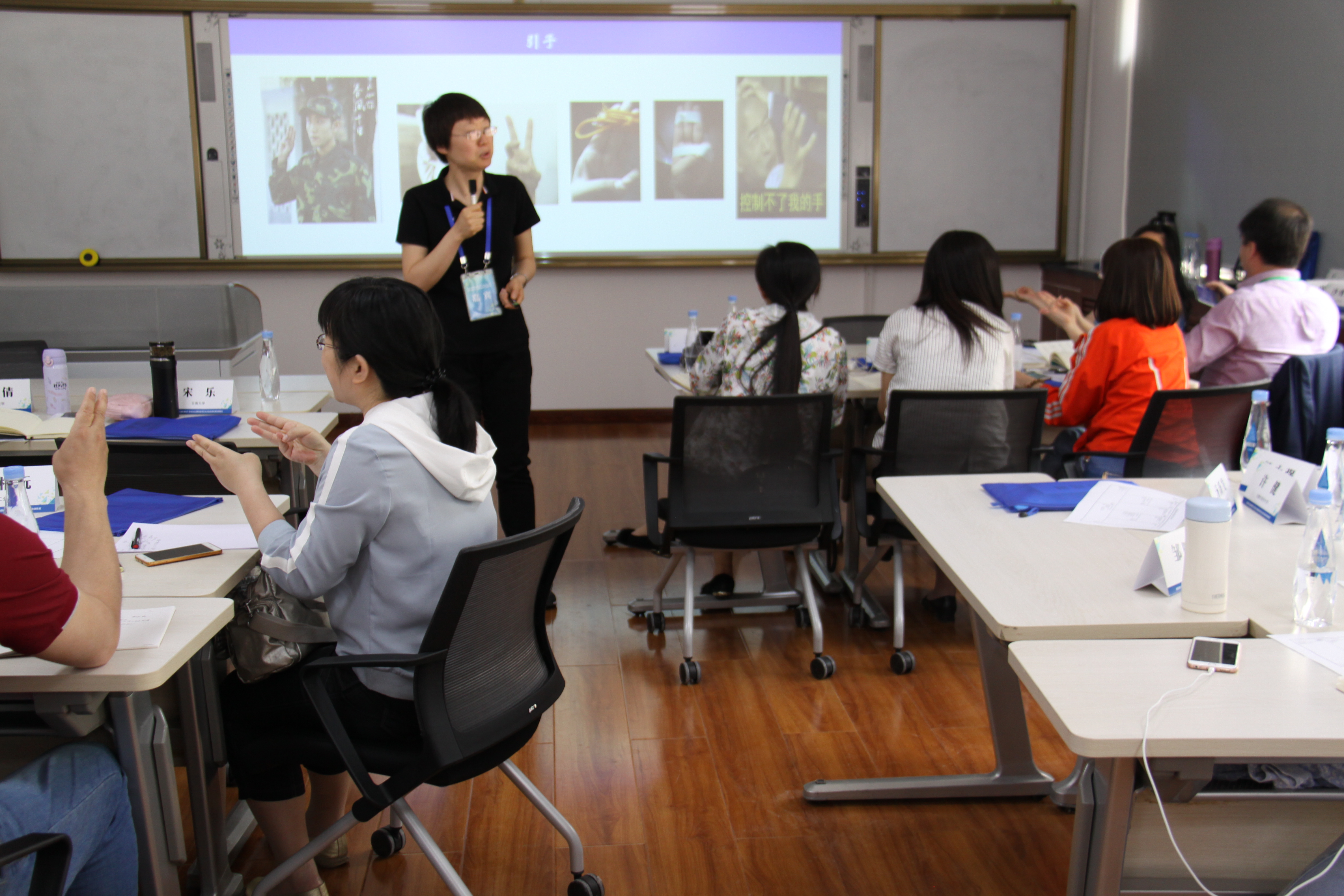
On the afternoon of the 26th, Prof. Huajing Li from Beijing Forestry University gave a lecture on “Mastering the Entrepreneurship Method”. She used Tmall and Amazon as examples to draw the concept of business model, and to guide participants to deeply understand that business model is the process of matching resources and opportunities. At the end of the lecture, Prof. Li introduced the basic logic, main ideas and common methods of lean startup.
During the two days, the five instructors summed up and shared their successful experiences in curriculum design, educational ideas and teaching methods. The participants asked questions actively and interacted frequently. They believe that the training will greatly improve their teaching of innovation and entrepreneurship. This training camp is not only a knowledge feast in the field of MBA entrepreneurship education in western universities, but will promote the development of the innovation and entrepreneurship curriculum, and the improvement of faculty level in universities offering MBA programs in west China.






